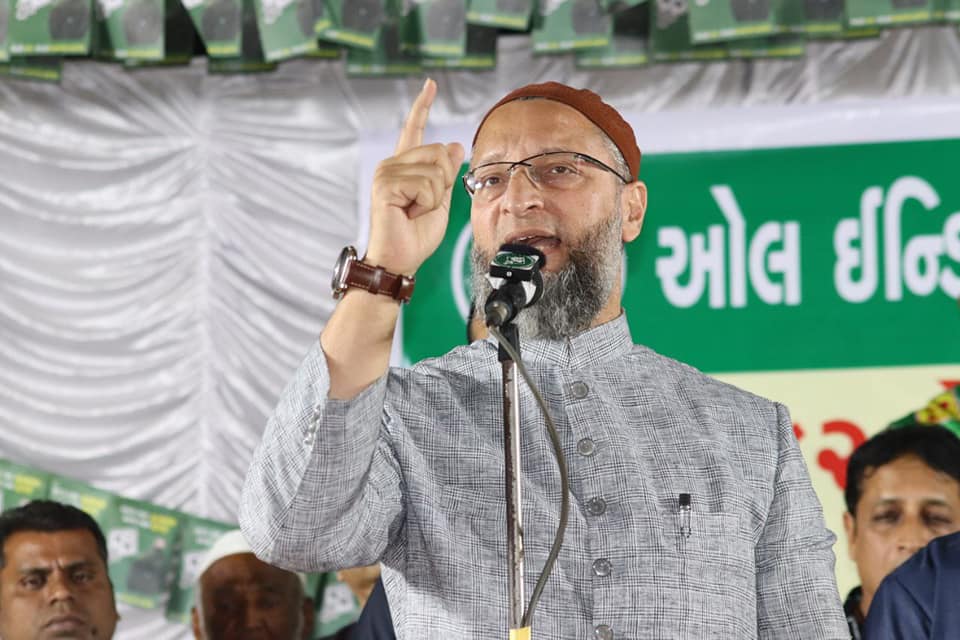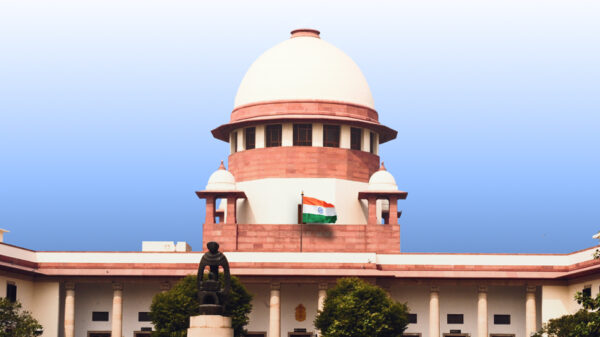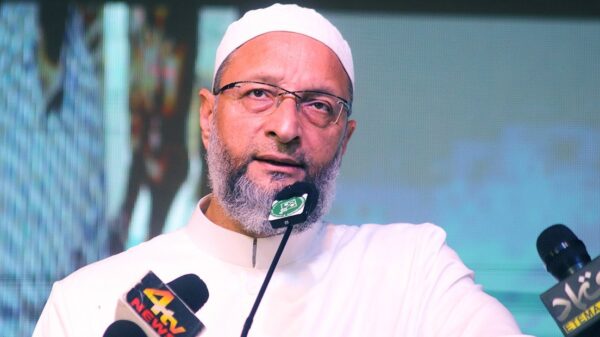The Supreme Court of India delivered a verdict on Tuesday that refused to recognize the legality of same-sex marriages, asserting the “principle of parliamentary supremacy.” The decision has sparked a mixed response, with political figures and advocates expressing differing opinions.
Asaduddin Owaisi, the chief of the All India Majlis-E-Ittehadul Muslimeen (AIMIM), took to social media to comment on the ruling. He emphasized that the court’s role is not to decide who can marry under which law and stressed his personal belief that marriage is only between a man and a woman.
He stated, “This is not a question of decriminalization like in the case of Section 377; it is about the recognition of marriage.” Owaisi argued that the state should not extend marriage rights to “anyone and everyone.”
Owaisi also raised concerns about the bench’s observation that transgender individuals in heterosexual relationships have the right to marry under the Special Marriage Act (SMA) and personal laws. He pointed out that this interpretation contradicts Islamic beliefs, which do not recognize marriage between two biological males or two biological females.
The AIMIM chief referenced Justice Bhat’s concerns, saying, “A gender-neutral interpretation of the Special Marriage Act may not be equitable at times and can result in women being exposed to vulnerabilities in an unintended manner.”
In the ruling earlier that day, a five-judge Constitution bench, consisting of Chief Justice of India DY Chandrachud and Justices Sanjay Kishan Kaul, S Ravindra Bhat, Hima Kohli, and PS Narasimha, unanimously decided not to recognize the right of same-sex couples to enter into marriages or have civil unions, leaving the matter for Parliament to address.
The bench maintained that it could not strike down the provisions of the Special Marriage Act (SMA) or reinterpret the law to include non-heterosexual couples. However, the Supreme Court declared that queer couples have the right to cohabit without the threat of violence, coercion, or interference.
The verdict yielded four separate judgments authored by the Chief Justice and Justices Kaul, Bhat, and Narasimha. Chief Justice Chandrachud and Justice Kaul shared a similar viewpoint, asserting that these couples have the right to jointly adopt a child. On the other hand, Justices Bhat, Narasimha, and Kohli concurred with each other, and by a majority of 3:2, they held that non-heterosexual couples cannot be granted the right to jointly adopt a child.































































